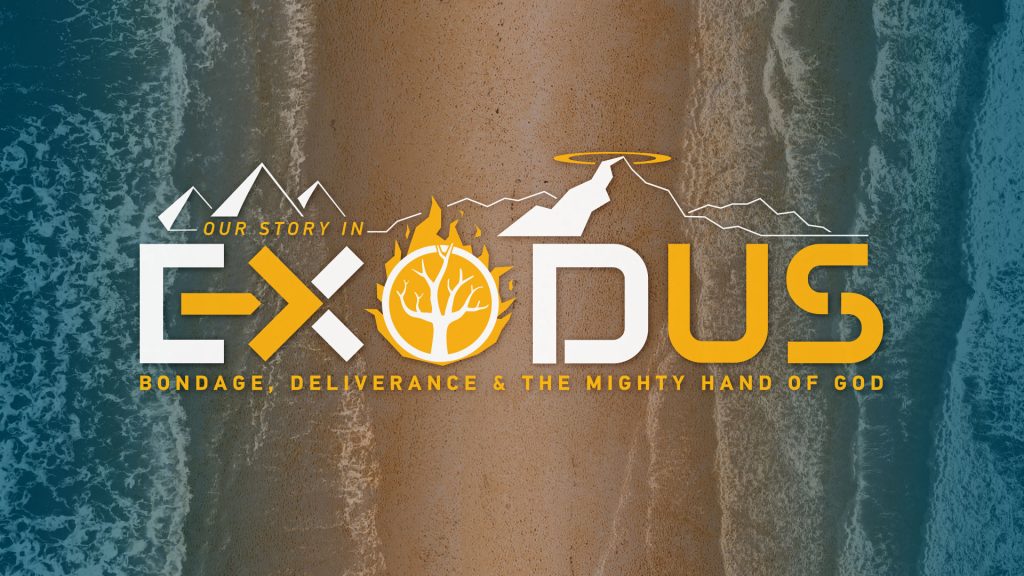Exodus Study: The Calling of Moses (Exodus 2-3)
Exodus Study: The Calling of Moses (Exodus 2-3)
Moses’ call began on an ordinary day, doing an ordinary task. At eighty years old, after forty years in Pharaoh’s palace and forty years in the desert tending sheep, Moses likely believed his life’s purpose was behind him. Yet in the quiet isolation of Horeb — “the mountain of God” — the Lord met him in a burning bush that blazed but was not consumed. This was no ordinary fire; it was a manifestation of the Angel of the Lord, a pre-incarnate appearance of Christ Himself. When God called Moses by name, Moses responded like Abraham, Jacob, Samuel, and Isaiah: “Here am I” — a statement of availability, humility, and willingness. God commanded him to remove his sandals, not because the ground was special, but because God’s holy presence made it sacred. Like Isaiah before the throne, Moses hid his face in awe, aware of God’s holiness and his own unworthiness. Yet the holy God desired fellowship, and He revealed His heart: “I have surely seen the affliction of my people… I know their sorrows.” God is never distant from the pain of His people.
Then came the surprising command: God would deliver Israel — and He would use Moses to do it. Moses questioned his own ability, his authority, and even God’s power, but the Lord answered each objection with truth: “Certainly I will be with thee,” “I AM THAT I AM hath sent me,” and “I have surely visited you.” God reminded Moses of His name, His character, His sufficiency, and His faithful presence. Moses was not called because he was qualified — he was called because God Himself would equip him. The deliverance ahead would be accomplished by God’s purpose, God’s power, and God’s provision. From the burning bush onward, the story of Moses reminds us that God still calls ordinary, humble people; He still shows His holiness; He still sees our burdens; and He still invites us to trust Him. When God calls, He never asks if we are able — only if we are available.

